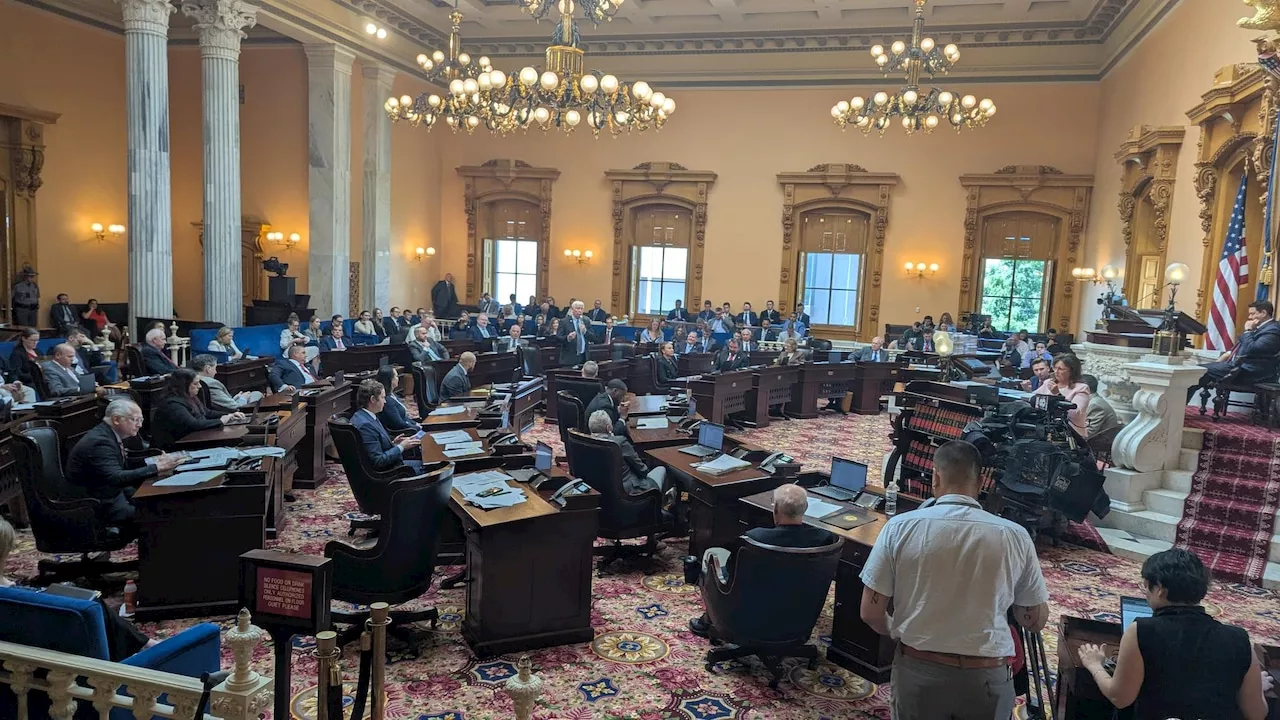Business
Sydney Mandates All-New Buildings to Go Electric by 2027

Sydney, Australia, is set to implement a significant policy change that will require all new households and many commercial buildings to be fully electrified starting in 2027. Under this new mandate, the use of gas will be banned, a move promoted by Clover Moore, the Lord Mayor of Sydney. This initiative aims to enhance public health, reduce costs for residents, and contribute to environmental sustainability.
The decision follows earlier restrictions on gas appliances in new homes, which were introduced earlier this year. Now, the City of Sydney is taking a more comprehensive approach by mandating that medium to large commercial buildings, hotels, and serviced apartments operate entirely on electricity. According to Moore, “Relying on gas is bad for the planet, bad for our finances, and bad for our health.”
While the policy is framed as a step toward a cleaner future, it has sparked considerable debate. Critics argue that the complete phasing out of gas could lead to increased energy costs and a higher risk of blackouts, particularly in a city that relies on a robust energy supply. Concerns have also been raised about the impact on the construction sector, which may face delays and higher expenses as it adapts to the new regulations.
The Urban Taskforce, an industry body representing property developers and builders, has voiced opposition to the policy. They assert that electrification alone will not guarantee a significant reduction in carbon emissions and emphasize that energy choices should remain in the hands of consumers. The group expressed worries that these regulatory changes could negatively affect project feasibility, housing affordability, and market demand.
In addition to local concerns, critics point out the irony of Australia’s position as a major gas exporter. Millions of Australian consumers will be restricted from using gas domestically while the country continues to export large quantities of it, generating substantial profits for the mining sector. Industry representatives highlight that this disparity raises questions about the practicality and fairness of the new mandate.
Moore defends the policy by emphasizing its potential health benefits and cost savings for residents. This argument mirrors the rationale used by New York City when it implemented similar regulations in 2023. Advocates for the ban assert that transitioning to all-electric buildings will ultimately lead to reduced energy bills and improved air quality for residents.
As Sydney prepares for these changes, the conversation surrounding energy policy continues to evolve. The city’s ambitious electrification plan reflects a growing trend among urban centers worldwide to prioritize sustainability and address climate change. However, as Sydney moves forward, stakeholders from various sectors will be closely monitoring the implications of this significant shift in energy policy.
-

 Science2 weeks ago
Science2 weeks agoIROS 2025 to Showcase Cutting-Edge Robotics Innovations in China
-

 Politics2 weeks ago
Politics2 weeks agoJudge Considers Dismissal of Chelsea Housing Case Citing AI Flaws
-

 World2 weeks ago
World2 weeks agoBravo Company Veterans Honored with Bronze Medals After 56 Years
-

 Lifestyle2 weeks ago
Lifestyle2 weeks agoStone Island’s Logo Worn by Extremists Sparks Brand Dilemma
-

 Health2 weeks ago
Health2 weeks agoStartup Liberate Bio Secures $31 Million for Next-Gen Therapies
-

 Top Stories2 weeks ago
Top Stories2 weeks agoIndonesia Suspends 27,000 Bank Accounts in Online Gambling Crackdown
-

 Sports2 weeks ago
Sports2 weeks agoMel Kiper Jr. Reveals Top 25 Prospects for 2026 NFL Draft
-

 Health2 weeks ago
Health2 weeks agoTop Hyaluronic Acid Serums for Radiant Skin in 2025
-

 World2 weeks ago
World2 weeks agoHoneywell Predicts Record Demand for Business Jets Over Next Decade
-

 Sports2 weeks ago
Sports2 weeks agoYamamoto’s Mastery Leads Dodgers to 5-1 Victory in NLCS Game 2
-

 Politics2 weeks ago
Politics2 weeks agoNew Jersey Voters Urged to Register Ahead of November Election
-

 Lifestyle2 weeks ago
Lifestyle2 weeks agoMary Morgan Jackson Crowned Little Miss National Peanut Festival 2025









